Indigenous Governance Database
COVID-19
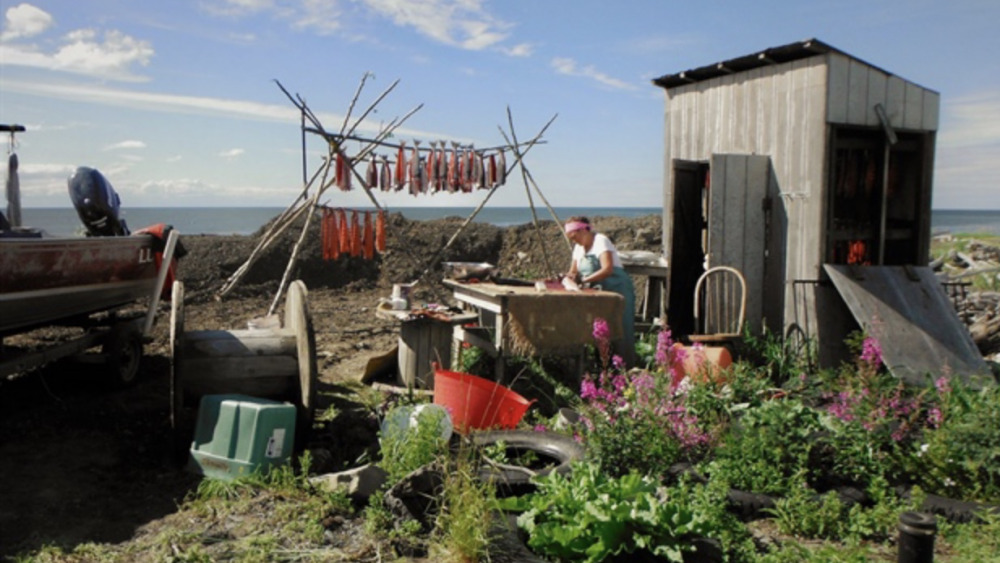
The Impact of COVID-19 on Food Access for Alaska Natives in 2020
This chapter in the NOAA Arctic Report Card 2021 highlights: The COVID-19 pandemic has exacerbated existing challenges for Alaska Natives in accessing traditional and store-bought foods. The strength of Indigenous cultural and economic practices such as food sharing networks helped mitigate these…
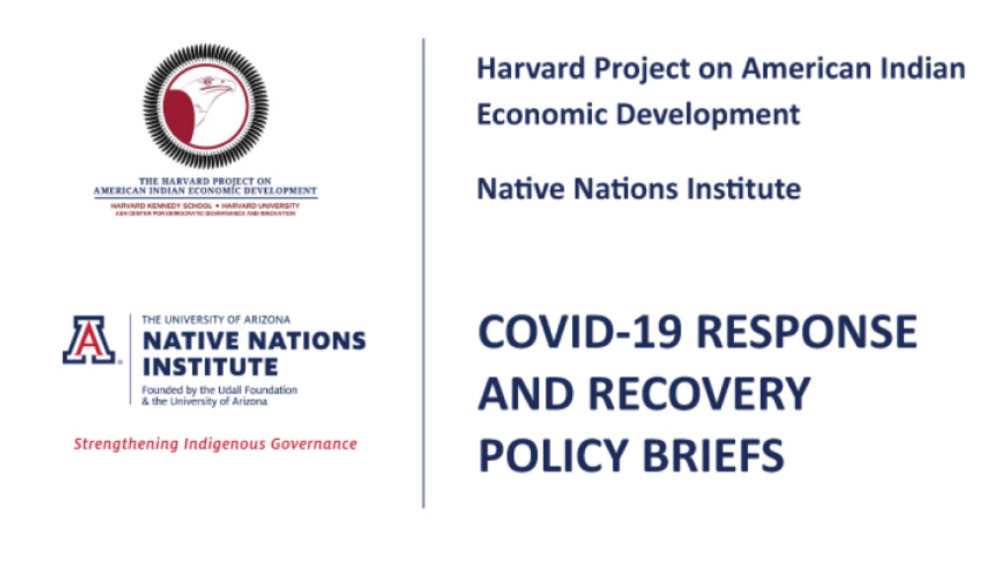
Policy Brief: Assessing the U.S. Treasury Department’s Allocations of Funding for Tribal Governments under the American Rescue Plan Act of 2021
The American Rescue Plan Act of 2021 (“the Act” or “ARPA”) has resulted in the single largest infusion of federal funding for Native America in U.S. history. The core of this funding is $20 billion for the more than 570 federally recognized American Indian and Alaska Native tribal…
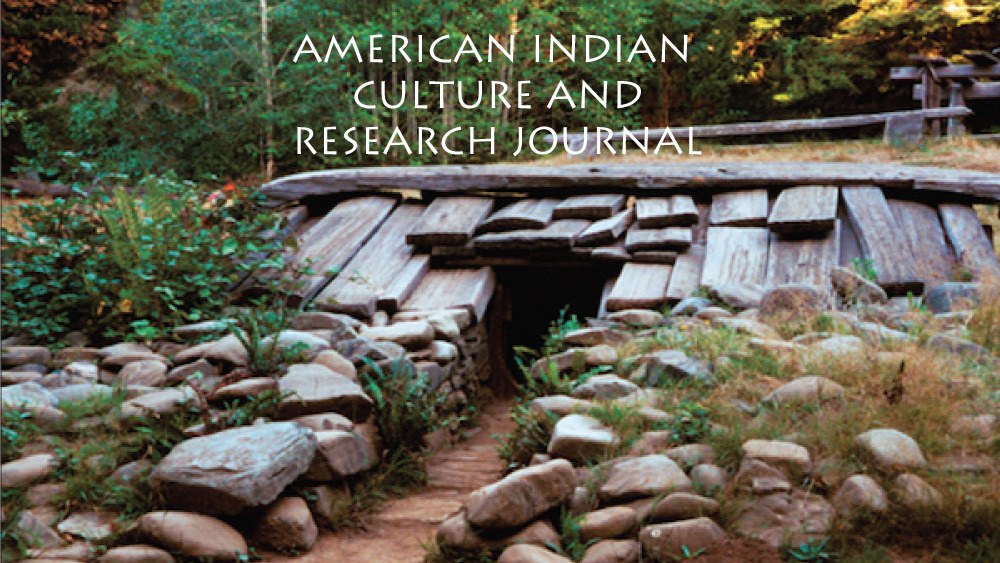
COVID-19 and Indigenous Peoples: Tools to Promote Equity and Best Practices
This is the second volume of a two-volume special issue of the American Indian Culture and Research Journal, volume 44.3, dedicated to the indirect impact of COVID-19 on Indigenous Peoples. The first volume (44.2) covers the degree to which Indigenous Peoples were affected by COVID-19 and how this…

Post COVID-19 Implications for Genetic Diversity and Genomics Research & Innovation: A Call for Governance and Research Capacity
At a time of significant technological change and digitization in the biological sciences, the COVID-19 pandemic has highlighted again the inequities in the research and innovation ecosystem. Based on a consultation with an internationally diverse group of stakeholders from multiple fields and…
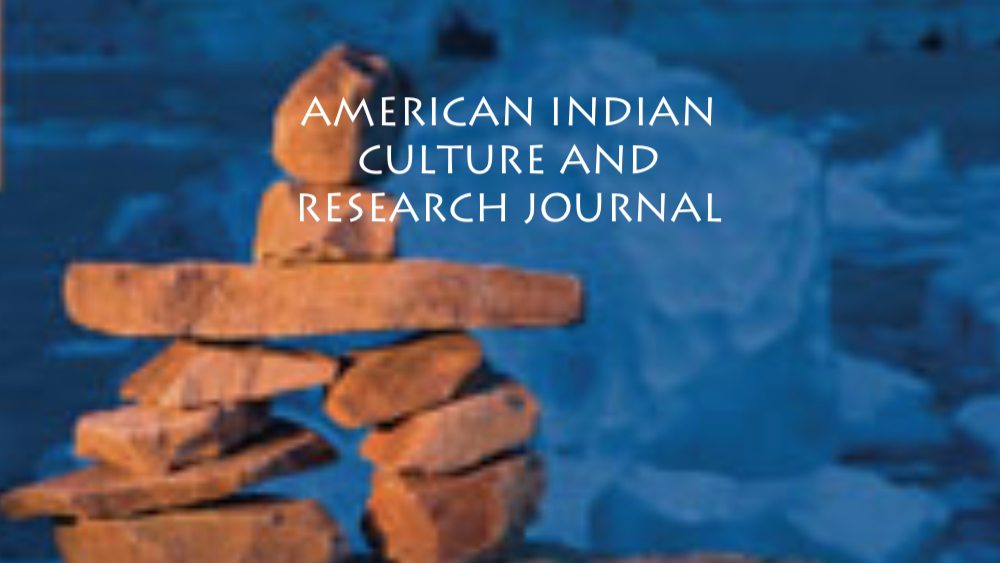
COVID-19 and Indigenous Peoples: Impact of and Response to the Pandemic
In a two-volume, special edition of the American Indian Culture and Research Journal—volume 44, issues 2 and 3—we examine COVID-19’s unique implications for Indigenous Peoples, nations, and communities. We organized these special issues because the COVID-19 pandemic has particularly adversely…
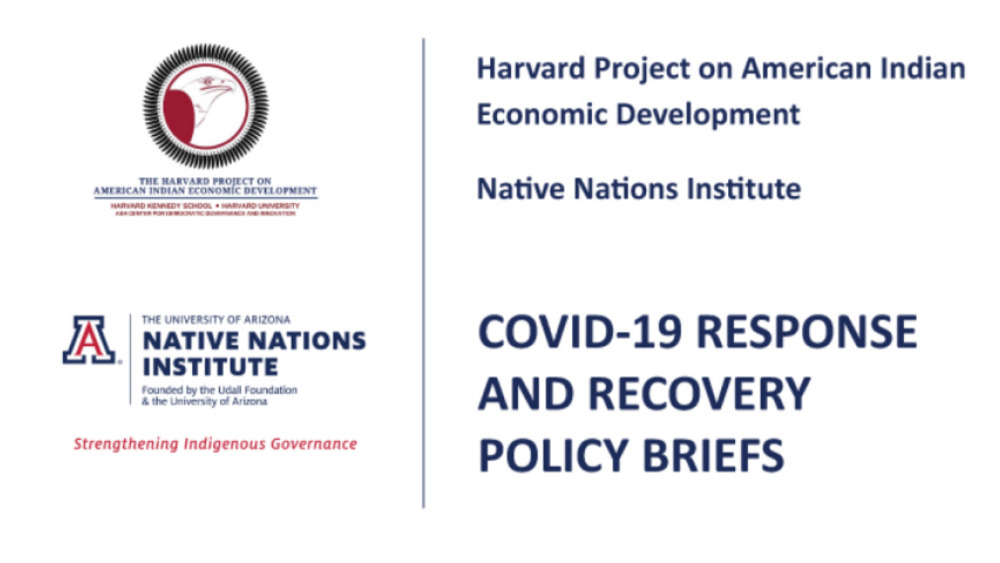
Policy Brief: Recommendations for the Allocation and Administration of American Rescue Plan Act Funding for American Indian Tribal Governments
The American Rescue Plan Act (ARPA) provides the largest infusion of federal funding for Indian Country in the history of the United States. More than $32 billion dollars is directed toward assisting American Indian nations and communities as they work to end and recover from the devastating…
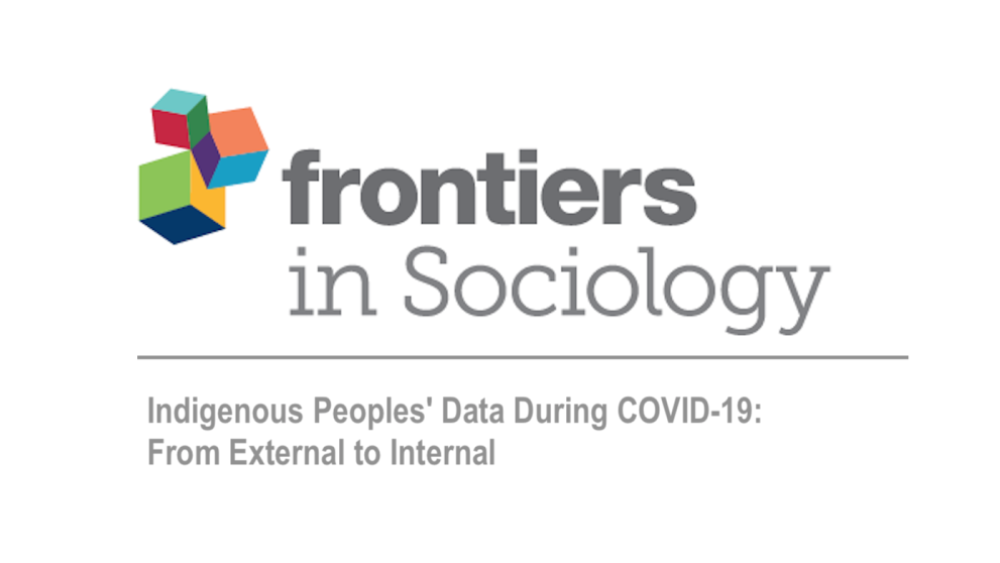
Indigenous Peoples' Data During COVID-19: From External to Internal
Global disease trackers quantifying the size, spread, and distribution of COVID-19 illustrate the power of data during the pandemic. Data are required for decision-making, planning, mitigation, surveillance, and monitoring the equity of responses. There are dual concerns about the availability and…

Fostering global data sharing: highlighting the recommendations of the Research Data Alliance COVID-19 working group
The systemic challenges of the COVID-19 pandemic require cross-disciplinary collaboration in a global and timely fashion. Such collaboration needs open research practices and the sharing of research outputs, such as data and code, thereby facilitating research and research reproducibility and…
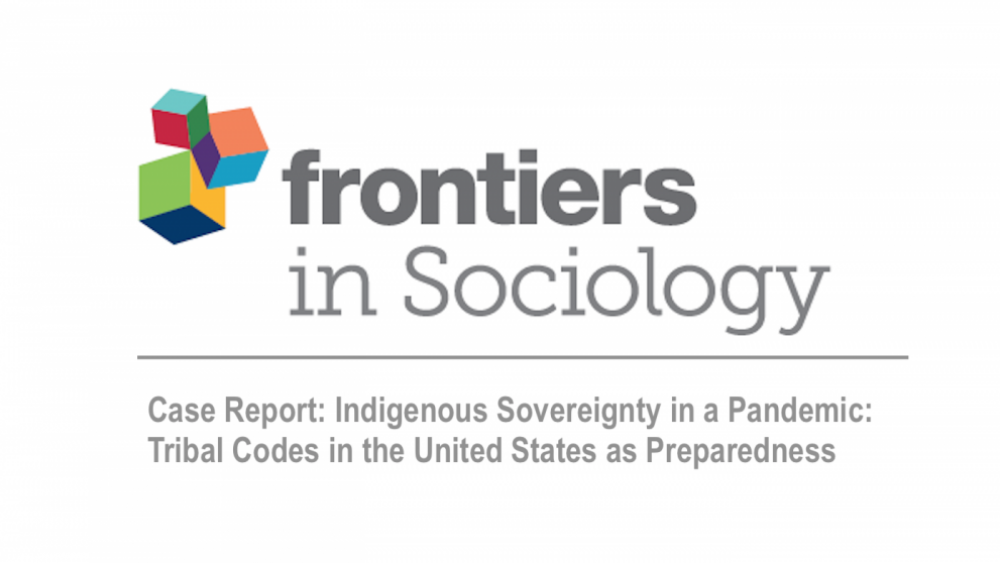
Case Report: Indigenous Sovereignty in a Pandemic: Tribal Codes in the United States as Preparedness
Indigenous Peoples globally and in the United States have combatted and continue to face disease, genocide, and erasure, often the systemic result of settler colonial policies that seek to eradicate Indigenous communities. Many Native nations in the United States have asserted their inherent…
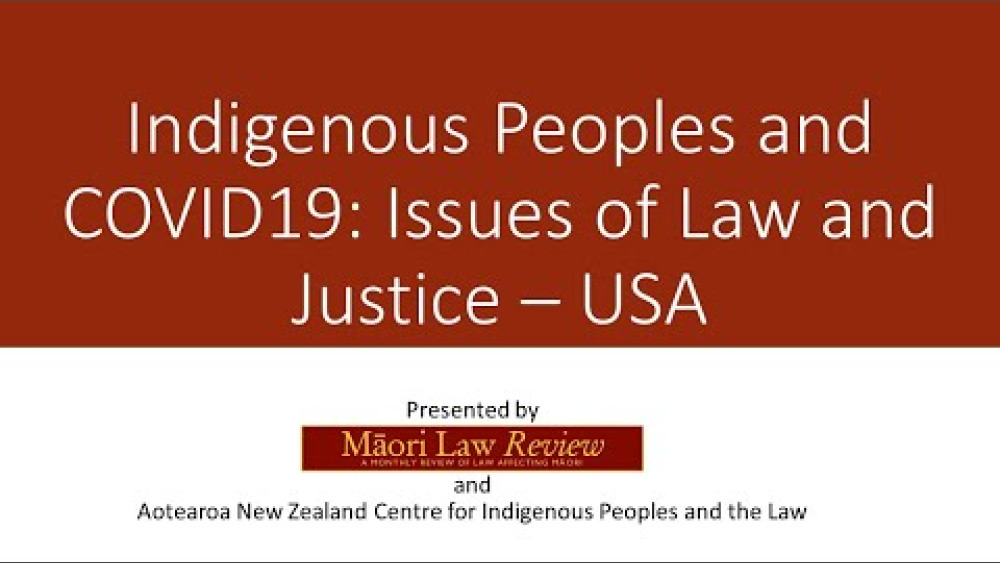
Indigenous Peoples and COVID-19: Issues of Law and Justice – USA
A co-production of New Zealand's Victoria University of Wellington and the Aotearoa New Zealand Centre for Indigenous Peoples and the Law, the "Indigenous Peoples and COVID-19: Issues of Law and Justice" is a series of conversations focused on the experiences of Indigenous Peoples with COVID…
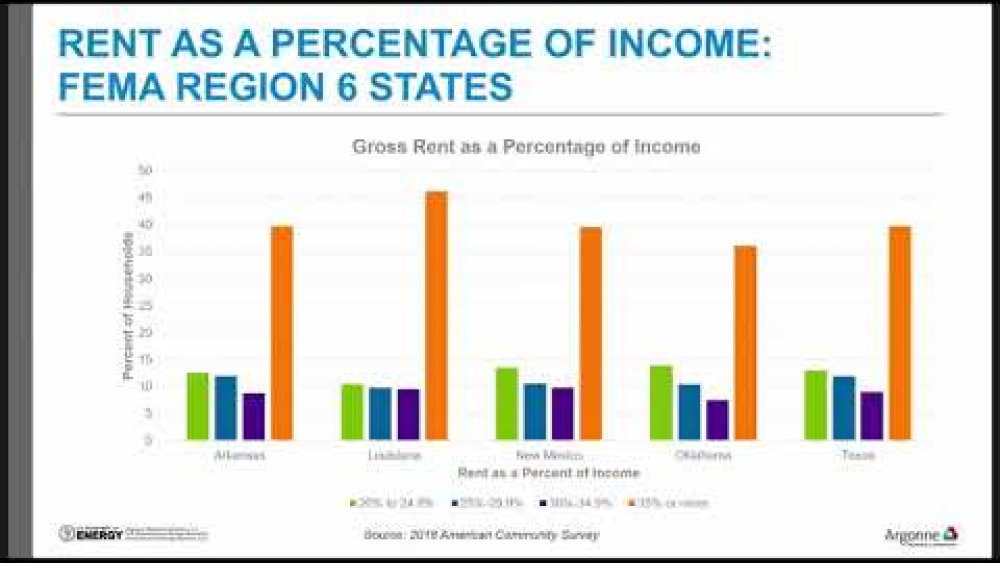
FEMA's Interagency Recovery Coordination Speaker Series: "Housing Insecurity"
Produced and hosted by FEMA, this 6-part Speaker Series is organized around the theme ‘Equity, Resilience in Recovery’. The goal of the Speaker Series is to bring people together to exchange information, inspire one another, and generate discussion on equitable strategies that build strong…
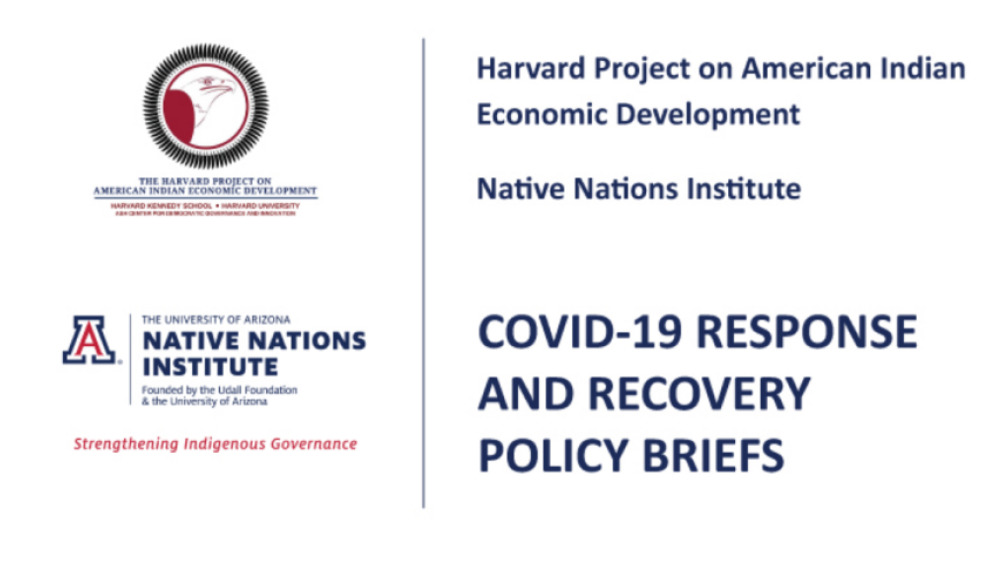
Policy Brief: Federal COVID‐19 Response Funding for Tribal Governments: Lessons from the CARES Act
The federal response to the COVID‐19 pandemic has played out in varied ways over the past several months. For Native nations, the CARES Act (i.e., the Coronavirus Aid, Relief, and Economic Security Act) has been the most prominent component of this response to date. Title V of the Act earmarked $8…
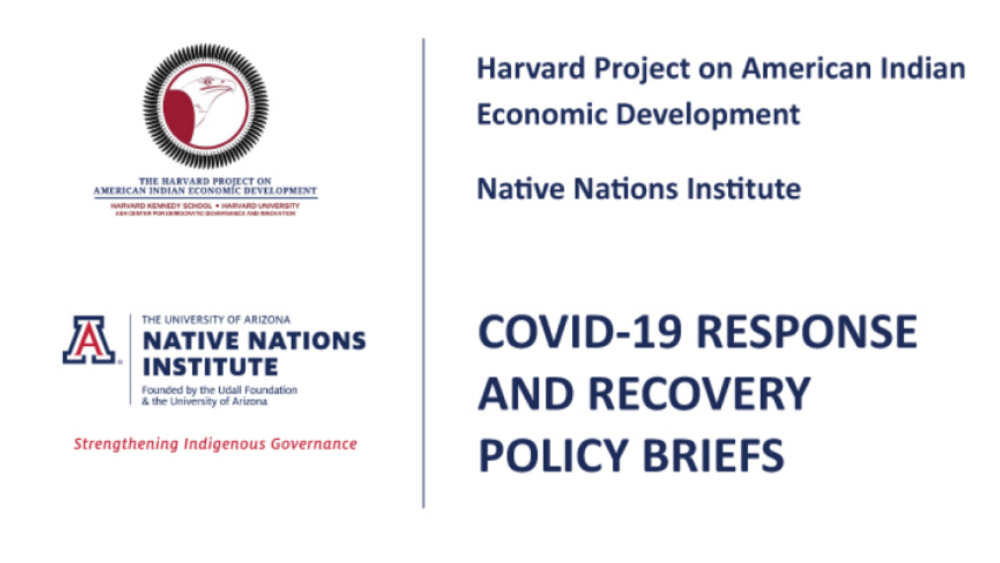
Policy Brief: Emerging Stronger than Before: Guidelines for the Federal Role in American Indian and Alaska Native Tribes’ Recovery from the COVID‐19 Pandemic
The COVID‐19 pandemic has wrought havoc in Indian Country. While the American people as a whole have borne extreme pain and suffering, and the transition back to “normal” will be drawn out and difficult, the First Peoples of America arguably have suffered the most severe and most negative…

Bad with Money Podcast: COVID's Economic Devastation on Tribal Lands
Gaby Dunn speaks with Karen R. Diver (Fond du Lac Band of Lake Superior Chippewa), Director of Business Development for the Native American Advancement Initiatives at the Native Nations Institute and appointee of President Obama as the Special Assistant to the President for Native American Affairs…
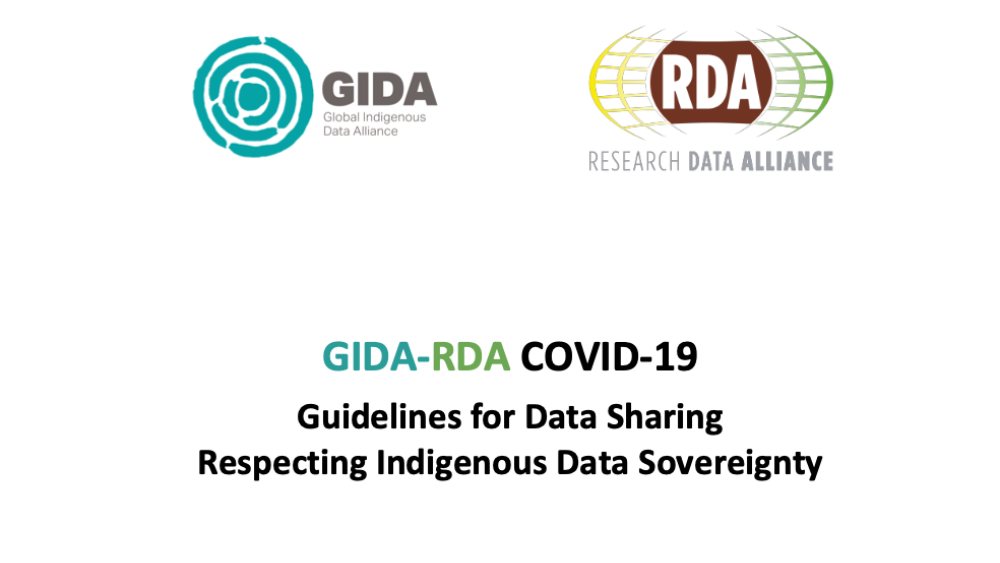
GIDA-RDA COVID-19 Guidelines for Data Sharing Respecting Indigenous Data Sovereignty
Indigenous Peoples around the globe have diverse narratives of resilience and adaptability; however, they are also acutely impacted by the negative social, economic, environmental and health outcomes of COVID-19 (UN Special Rapporteur on the rights of Indigenous Peoples, 2020). As such, it is vital…
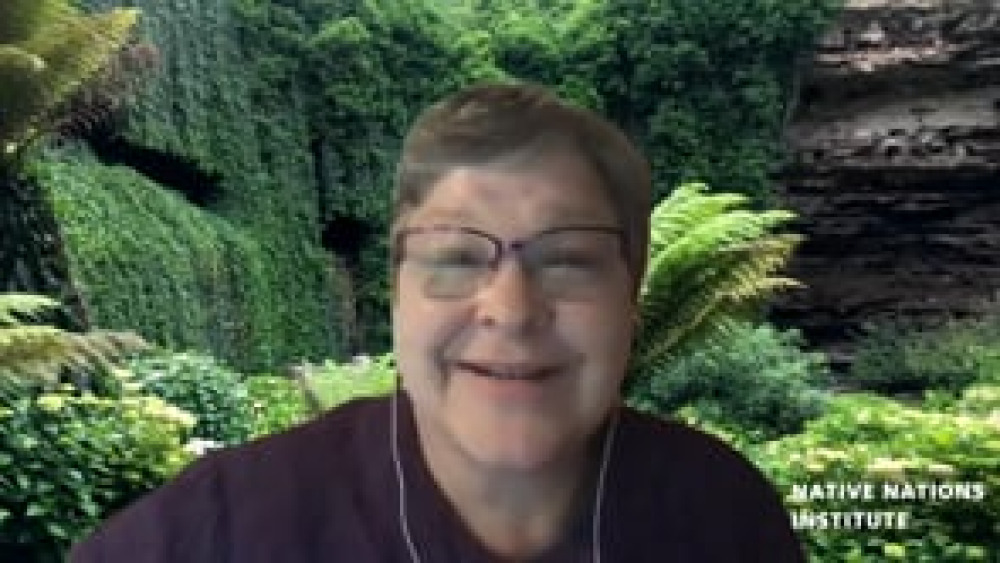
Native Nation Building and the CARES Act
On June 10, 2020 the Native Nations Institute hosted an a online panel discussion with Chairman Bryan Newland of the Bay Mills Indian Community, Councilwoman Herminia Frias of the Pascua Yaqui Tribe, and hosted by Karen Diver the former Chair of the Fond du Lac Band of Lake Superior Chippewa and…
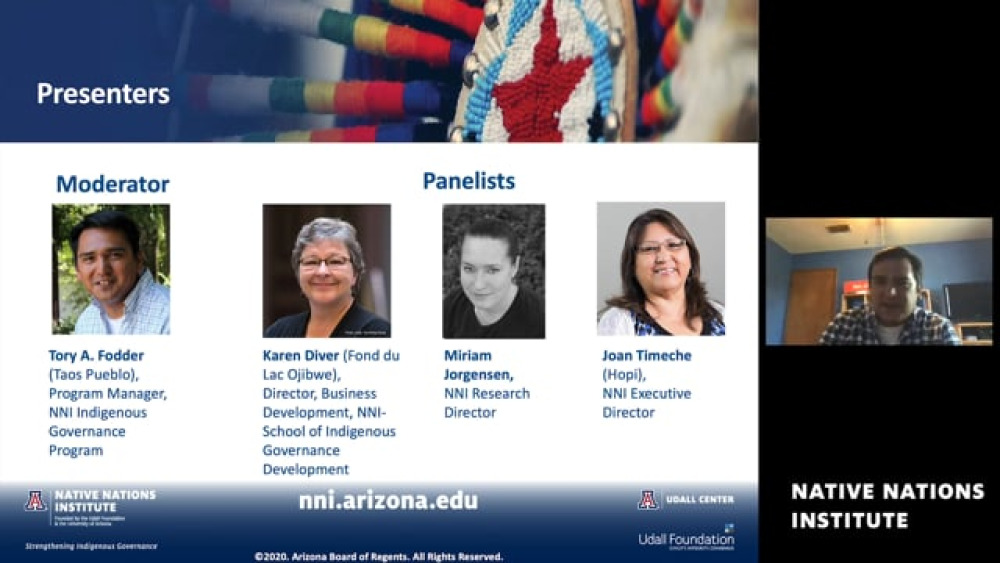
Webinar: Rebuilding Native Nations and Strategies for Governance and Development
The Indigenous Governance Program (IGP) at the University of Arizona has long been at the vanguard of delivering Indigenous Governance Education. To do our part at this critical time, IGP was pleased to offer our January in Tucson Courses in May event free of charge, live streamed via Zoom to…
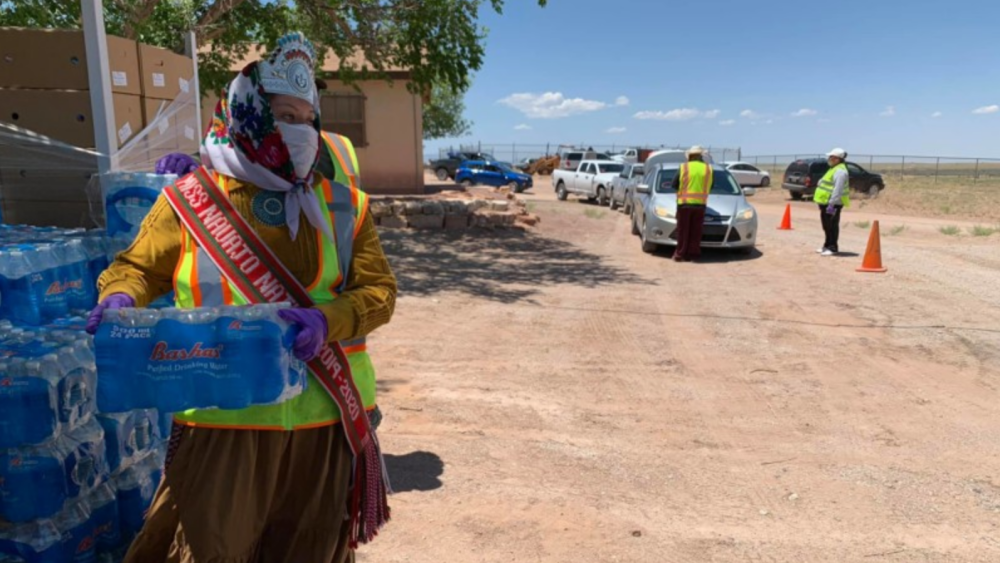
Indigenous Data in the Covid-19 Pandemic: Straddling Erasure, Terrorism, and Sovereignty
On April 10, 2020, Covid-19 case rates on tribal lands were more than four times the rate in the United States.1 Indigenous Peoples across the country continue to be disproportionately impacted by the coronavirus. As of May 18, 2020, the Navajo Nation has the highest Covid-19 case rates surpassing…
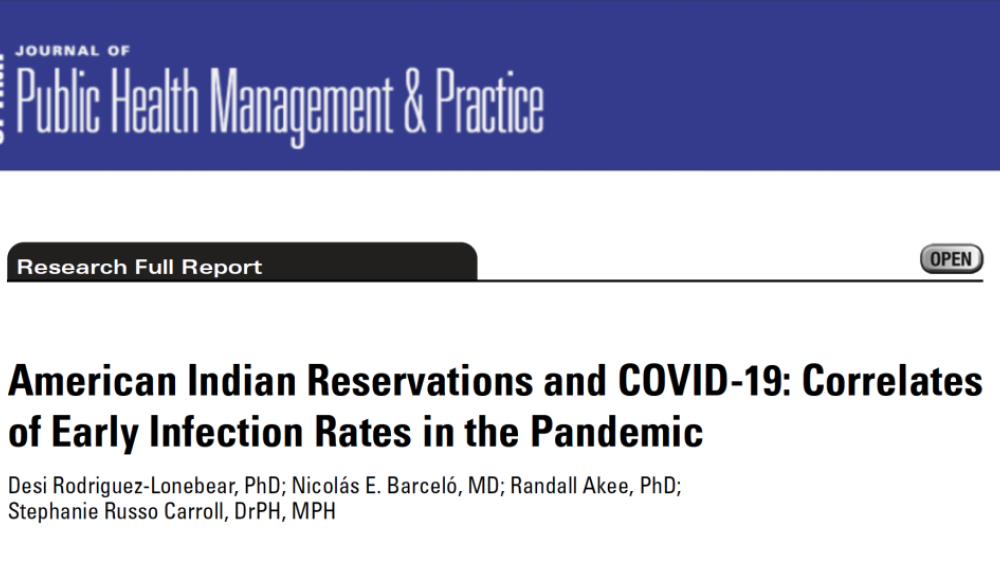
American Indian Reservations and COVID-19 Correlates of Early Infection Rates in the Pandemic
Objective: To determine the household and community characteristics most closely associated with variation in COVID-19 incidence on American Indian reservations in the lower 48 states. Design: Multivariate analysis with population weights. Setting: Two hundred eighty-seven American Indian…
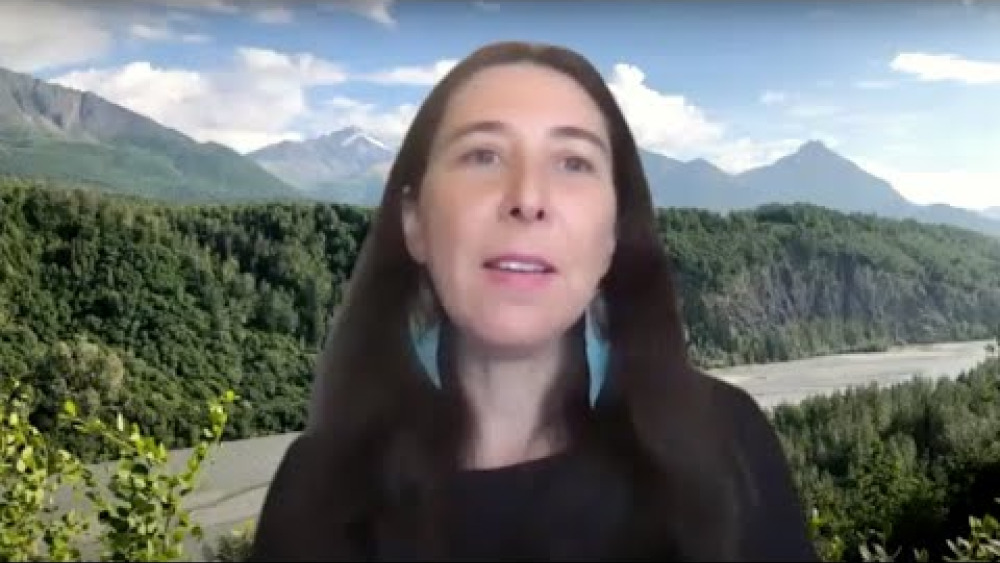
Interview with Dr. Stephanie Carroll about New Research on COVID-19 Spread in Indian Country
Listen to public health researcher Stephanie Carroll, co-author of “American Indian Reservations and COVID-19: Correlates of Early Infection Rates in the Pandemic.” Hear about this new research showing which factors, like household plumbing and language barriers, correlate with a higher spread of…
